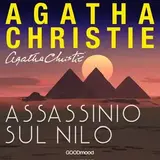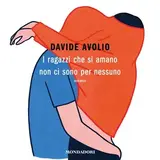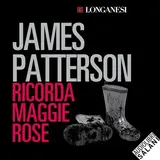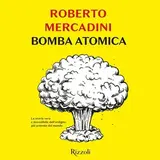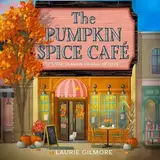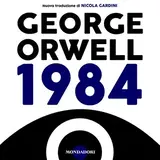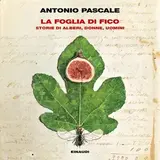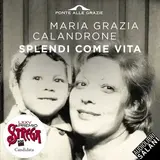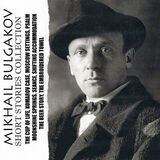

Mikhail Bulgakov. Short Stories Collection
Voce: Peter Coates
Durata: 2h 21m
Bulgakov was a Soviet playwright, novelist, and short story writer best known for his humor and penetrating satire. Because of their realism and humor, Bulgakov's works enjoyed great popularity, but their trenchant criticism of Soviet mores was increasingly unacceptable to the authorities.
Bulgakov's short stories are a world unto themselves—sharp, witty, and often unsettling. In these pages, the absurdity of Soviet life collides with the supernatural, the grotesque meets the comic, and reality is always just a step away from slipping into nightmare. His prose is alive with irony, his characters caught between fate and farce.
From the eerie intrigue of
Seance to the biting social satire of
The Beer Story, from the tragicomic twists of
Shifting Accommodation to the philosophical undertones of
Psalm, this collection offers a glimpse into Bulgakov's early genius. Each story is a window into the chaotic, sometimes surreal existence of the Soviet era, where bureaucracy, ideology, and human folly create a theater of the absurd.
Whether mocking the rigid structures of Soviet authority or weaving in mystical elements, Bulgakov remains a master of contrast—his humor is laced with darkness, his tragedy softened by laughter. These stories, written in the 1920s and early 1930s, bear the marks of an era that sought to silence him. And yet, here they are—brilliant, subversive, and impossible to forget.
Content:
• The Cup of Life
• Komarov Case
• Moscow Settings
• Psalm
• Moonshine Springs
• Seance
• Shifting Accommodation
• The Beer Story
• The Embroidered Towel
Mikhail Bulgakov (1891–1940) was a writer who lived on the edge of acceptance and rejection, praised in whispers but silenced in print. Born in Kyiv, he trained as a doctor, practiced medicine, and then turned to literature—not for ambition, but because he couldn't do otherwise.
His early works, like
The White Guard (1925), captured post-revolutionary Russia with unsettling clarity. The play based on it found favor with Stalin, yet censorship followed him at every step. The Heart of a Dog was banned, his plays were pulled from theaters, and official recognition remained just out of reach. He wrote letters pleading for artistic freedom. The answer was neither yes nor no—just a quiet, suffocating "stay."
Still, he wrote.
The Master and Margarita became his defiant masterpiece—dark, satirical, and strangely luminous. It was a book about power and fear, about truth twisting itself into myth, about love that endures when nothing else does. He knew it would not be published in his lifetime, yet he finished it anyway.
By the time illness stole his sight, he was dictating, word by word, as if racing against time. Decades later, his novel emerged from obscurity, untamed and unforgotten. The world had changed, but his words had not.
Pubblicato da: Strelbytskyy Multimedia Publishing
Titoli simili
Mostra tuttoCome funziona?
Crea un account.
Crea il tuo account gratuito qui.
Scarica l'app Voxa
Disponibile per Android e iPhone su Google Play o su App Store.
Prova gratuita per 7 giorni
Hai accesso a 100.000 titoli e all'intera esperienza Voxa.
Ascolta offline
Scarica i tuoi audiolibri preferiti e goditeli anche senza connessione a Internet.




